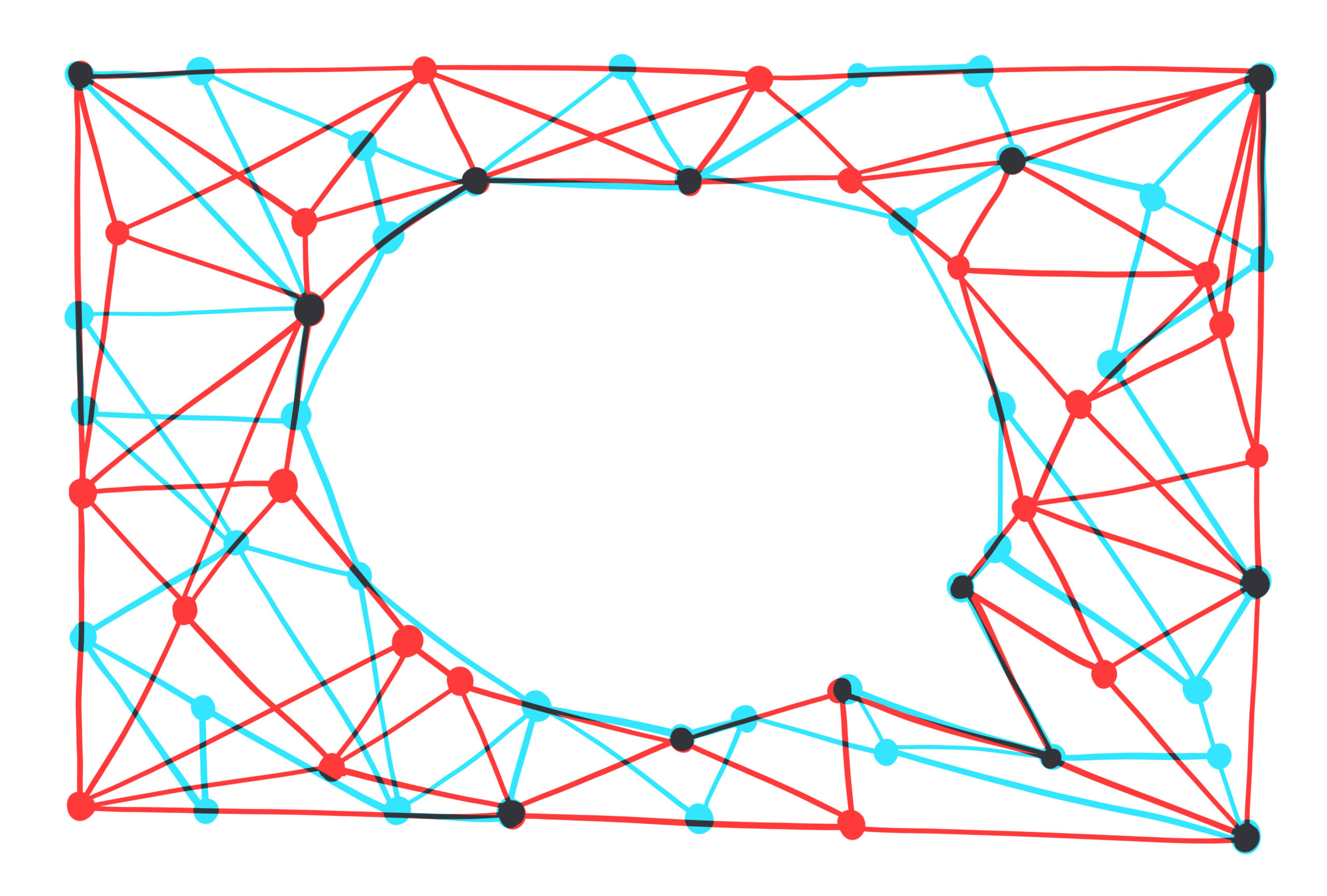Autism researchers were atwitter this week over a “magnum opus on hormonal regulation of gene expression in the brain” published in Nature. “Our findings have significant implications for how sex differences are considered,” tweeted lead investigator Jessica Tollkuhn, assistant professor of neuroscience at Cold Spring Harbor Laboratory in New York.
Thrilled to announce that @brunogegenhuber’s magnum opus on hormonal regulation of gene expression in the brain is out today in @Nature! Our findings have significant implications for how brain sex differences are considered. https://t.co/XcO5r9eb1o
— Jessica Tollkuhn (@tollkuhn) May 4, 2022
In a thread more than 20 tweets long, Tollkuhn walked through the methods — including “the truly heroic experiment of capturing ER-alpha binding on P0; my personal science holy grail” — as well as the main findings, which suggest that “hormone receptors provide advantageous plasticity to vertebrates by coordinating gene expression within and across brain regions (and the body) to define context-specific behavioral states.”
“A must read,” tweeted Rachel Buckley, assistant professor of neurology at Harvard University.
A must read #ADSexGenPIA @timothyjhohman @PaLab_UCSD @JFAvilaLBC @LiisaGalea https://t.co/WhxyZo91kd
— Rachel Buckley ???????????????? (@bucklr01) May 5, 2022
“Lovely work from the Tollkuhn lab and a terrific victory lap for the @brunogegenhuber’s PhD. Well played!” tweeted Gordon Fishell, professor of neurobiology at Harvard University.
Lovely work from the Tollkuhn lab and a terrific victory lap for the @brunogegenhuber ‘s PhD. Well played! https://t.co/oAWjMm3fUt
— Gord Fishell (@GordFishell) May 5, 2022
“Woah!” tweeted Armin Raznahan, section chief of developmental neurogenomics at the National Institute of Mental Health, throwing in some appropriate emojis.
Woah! This looks ????. And out during #OSSD22 as well!! ???????? https://t.co/f2z5lJuU4P
— Armin Raznahan (@bogglerapture) May 4, 2022
Others shared flame emojis, wows and congratulations. “The revolution in neuroendocrinology has begun,” tweeted Troy Roepke, associate professor of animal sciences at Rutgers University in New Brunswick, New Jersey.
The revolution in neuroendocrinology has begun. https://t.co/7CVjO2j2sf
— Troy????A????Roepke???? (@DrGlitterbear) May 4, 2022
Elsewhere on Twitter, Zornitza Stark, a consultant in pediatric genetics at Victorian Clinical Genetics Services at the Royal Children’s Hospital in Victoria, Australia, shared her delight to be part of a global effort to “harmonise the evidence for gene-disease associations.”
The Gene Curation Coalition to which she belongs published a new paper in Genetics in Medicine, introducing standardized terms, plus a database of 4,569 genes and select gene-disease validity assertions.
Absolutely delighted to be part of global efforts to share and harmonise the evidence for gene-disease associations! ????????@PanelAppAus @AusGenomics @ClinGenResource @PanelAppTeam @illumina @AmbryGenetics @Orphanet and more!
Out now in @GIMJournal https://t.co/2jtoF3kS0C
— Prof Zornitza Stark (@ZornitzaS) May 4, 2022
“Launched in December 2020, the GenCC database is, conceptually, a similar resource to ClinVar, but for gene-disease assertions instead of variant-disease assertions,” the researchers wrote.
And the #INSAR2022 tweets have started to trickle in. Among them, Claire Harrop, research assistant professor in developmental psychology at the University of North Carolina at Chapel Hill, encouraged people to support her graduate student, Orla Putnam, next week as she presents — at the exact same time Harrop will be presenting.
Next week my grad student @OrlaPutnam presents at her first big conference. AT THE EXACT TIME THAT I AM PRESENTING ????♀️We are both authors on each others talks. Please go see her work and support her in my absence if you are at INSAR 2022!
— Clare Harrop (@ClareHarropPhD) May 5, 2022
Noah Sasson, professor of psychology at the University of Texas at Dallas, tweeted about a panel he is chairing on 13 May about double empathy.
The schedule is out and #DoubleEmpathy has made it to @AutismINSAR 2022!
I’ll be chairing a panel on May 13th featuring talks by @cjcrompton @milton_damian @YuLunChen_OT & @DesiRJones, with @GernsbacherLAB as the discussant.
Thanks to @SueReviews for helping to organize it! pic.twitter.com/yIOpMwxg3R
— Noah Sasson (@Noahsasson) March 28, 2022
Diondra Straiton, a graduate student in clinical psychology at Michigan State University, shared a ‘save the date’ for an INSAR special-interest group meeting on advancing anti-racist autism research.
SAVE THE DATE: Come to our INSAR special interest group meeting about advancing anti-racist research in the autism field! We will be meeting Fri 5/13 at 7:00 AM CST. Room location is TBD. Please spread the word and complete this RSVP link: https://t.co/KA5vQcuLGF. Thank you! pic.twitter.com/KLkXjKFyHE
— Diondra Straiton (@DiondraStraiton) May 3, 2022
Rosa Hoekstra, reader in global perspectives on neurodevelopmental disorders at King’s College London in the United Kingdom, tweeted about the challenges researchers from low- and middle-income countries face to attend the meeting.
The tribulations of an #African researcher wanting to present their work at a conference in the #USA, a timeline. 1/
— Dr Rosa Hoekstra (@rosa_hoekstra) May 6, 2022
And the National Council for Severe Autism tweeted about a special-interest group on addressing challenging behaviors 13 May.
In Crowded AutismLand, One Issue Truly Stands Out.#AuthenticAwareness means recognizing the urgent need to reduce severe and challenging behaviors in severe #autism. A May 13 SIG at @AutismINSAR #Insar2022 will address this topic. https://t.co/S2uuJA9XcE
— NCSA (@NCSAutismOrg) April 27, 2022
As always, visit Spectrum’s conference page to follow our coverage of the meeting next week.
That’s it for this week’s Community Newsletter! If you have any suggestions for interesting social posts you saw in the autism research sphere, feel free to send an email to [email protected].
Follow us on Facebook, Twitter (@Spectrum), Instagram and LinkedIn.
Subscribe to get this newsletter and the best of Spectrum straight to your inbox.






